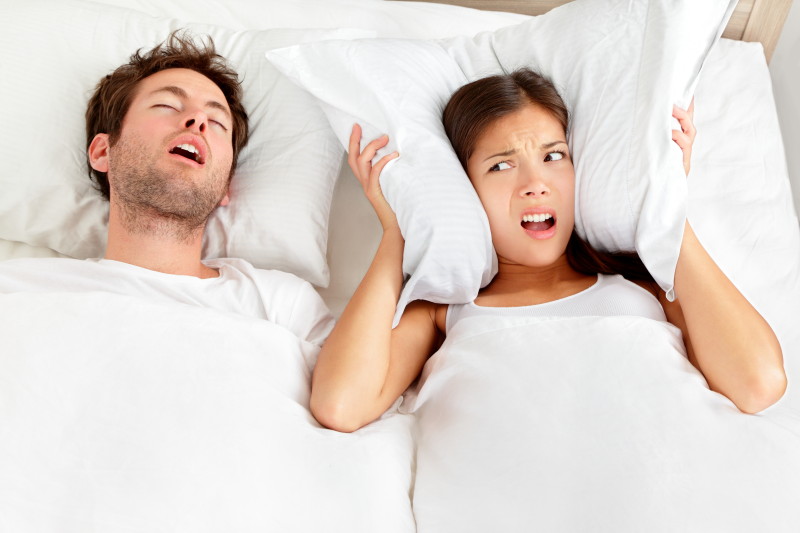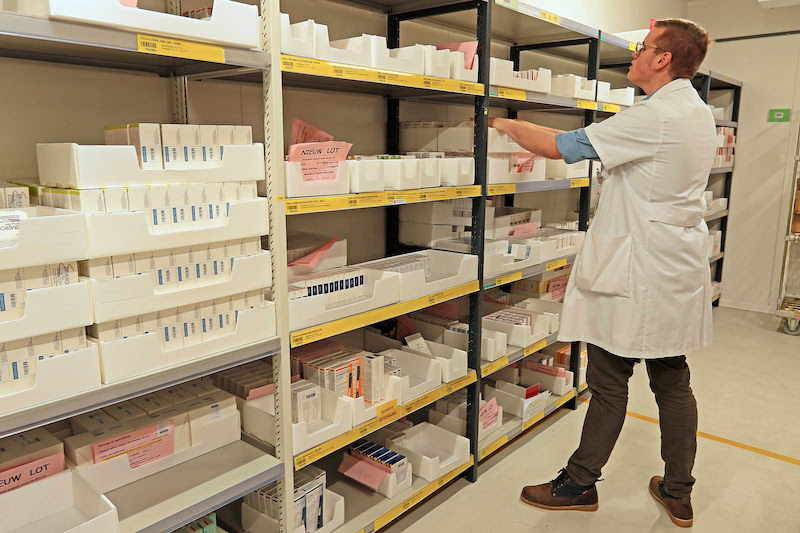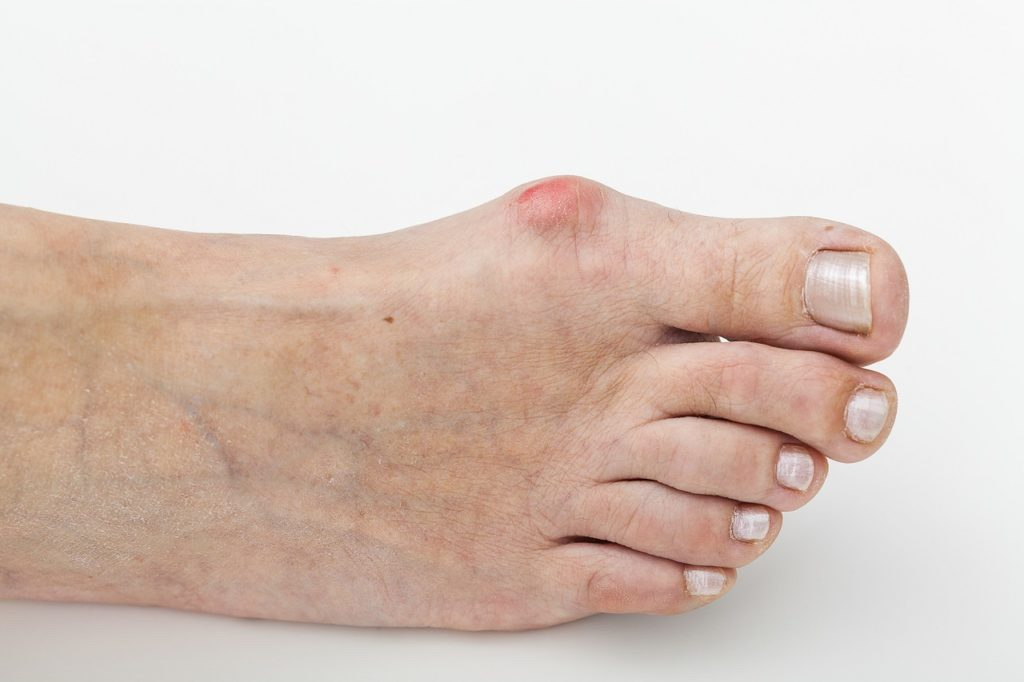
RONCOFER: Oral appliance versus CPAP
The most frequent treatment for obstructive sleep apnea, CPAP blows air down your throat at night to keep your airways open while you sleep.
That is unquestionable, but so is the large percentage of rejection of the patients to the use of the positive pressure along with the myriad of side effects resulting from this type of treatment.
-Congestion / nasal obstruction. Rhinorrhea (increase of mucus).
-Pharyngeal dryness. Skin irritation.
-Tinnitus.
-Conjunctivitis. headaches
-Epistaxis (nosebleed)
-Cold symptom. Insomnia. Claustrophobia.
The aim is an alternative treatment that improves the patient sleep-disordered breathing, to improve their QUALITY OF LIFE and preventing cardiorespiratory diseases.
In obstructive sleep apnea the tongue falls towards the back of the throat which tightens the blockage and prevents oxygen from entering the lungs (glosoptosis)
Does anyone have AWAKE SLEEP APNEA?
After several years of experience and a large number of patients treated, we believe that it is necessary to lead a otolaryngology study appropriate and an assessment of the oral cavity and craniofacial alterations.
RONCOFER: alternative to CPAP
RONCOFER, may be an alternative treatment to CPAP, tracking of symptoms during the day to evaluate their effectiveness, with mild or severe obstructive sleep apnea/hypopnea syndrom.
In relation to this, studies polysomnography (sleep study) performed on patients adapted with RONCOFER gave us improvements of up to 87% of the symptoms suffered.
In summary: The decision of the definitive treatment for the sleep-disordered breathing corresponds respiratory care specialty (OTOLARYNGOLOGIST).
In addition to positive pressure devices, there are alternative treatments that may include combination with surgery. The patient must not be condemned to sleep his remaining days with a mask.




